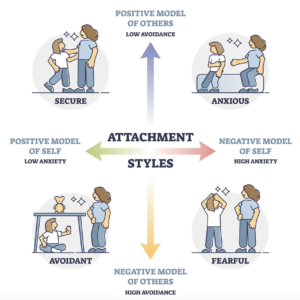Housing is a top issue in Iowa City politics.
It’s not difficult to see why. We’re a growing college town of about 75,000 people. And while social and economic change have hit many parts of rural Iowa hard, we’ve weathered the storms relatively well. Iowa City faces more problems of gentrification than universal despair.
However, the prosperity of Iowa City pushes out many long-term and/or working-class residents. For one, the rent is too damn high. In addition, rising property values push less wealthy homeowners to foreclosure and prevent tenants from buying their first homes. Many move to Coralville or North Liberty. And as even those places see the same problems, some move further out to Hills, Tiffin, or Oxford.
Back in Iowa City, our housing debates degenerate into a false dichotomy between NIMBY and YIMBY views. Neither view serves the interests of working people and tenants.
And so, getting past the NIMBY vs. YIMBY false dichotomy is essential to understanding housing from a leftist perspective that’s centered on workers and tenants.




